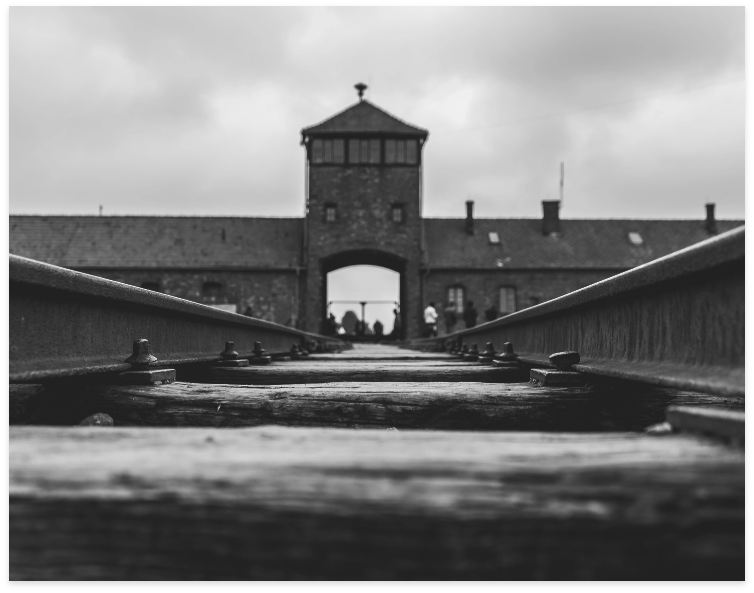At the conclusion of WWI, Hungary formed its own kingdom, navigated a series of leadership philosophies and expanded its territory — with the help of Germany, a favor it would need to repay once Hitler pressured the country to fall in line with his policies on Jews.
By 1939, the country's political majority supported its own equivalent of Germany's Nazi party. When Germany invaded Romania in the fall of 1940, Hungary allowed German soldiers safe passage. And later that year, Hungary's prime minister signed an agreement that aligned the country with Germany, Italy and Japan, serving as the country's entrance to WWII. Hungarian Jews were sent to labor camps or concentration camps, based on their gender. At least 27,000 of those laborers died before the German occupation began in 1944.
"I'm one of the lucky ones."
— Rosie Guttman


